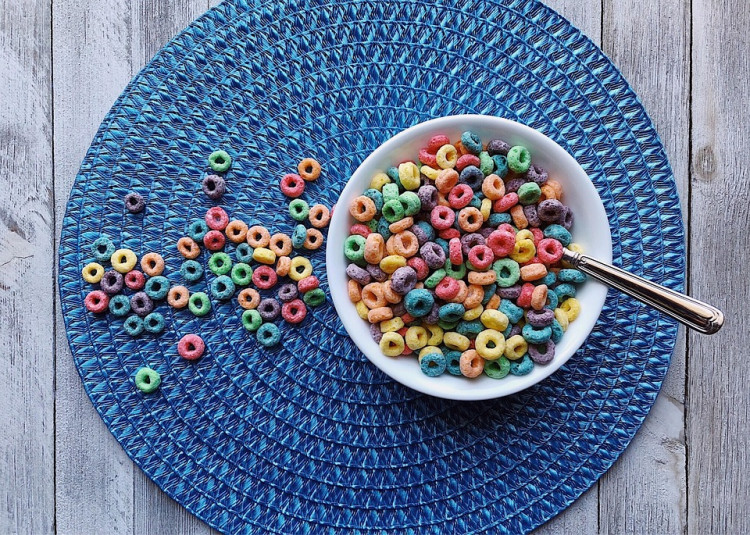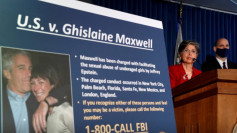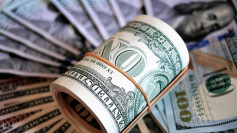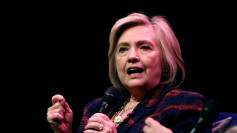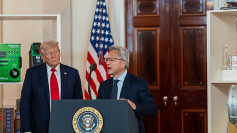The Trump administration is moving to eliminate synthetic food dyes from the U.S. food supply, with the Food and Drug Administration announcing a phased plan to ban petroleum-based colorants by the end of 2025. The sweeping shift, spearheaded by Health and Human Services Secretary Robert F. Kennedy Jr., marks one of the administration's most aggressive public health actions to date and could significantly impact food and beverage giants including PepsiCo, General Mills, Mars, and WK Kellogg.
"We are going to get rid of the dyes and then one by one, we're going to get rid of every ingredient and additive in food that we can legally address," Kennedy said at a Tuesday press conference.
FDA Commissioner Marty Makary outlined a timeline for phasing out six widely used synthetic dyes: Red 40, Yellow 5, Yellow 6, Blue 1, Blue 2, and Green 2. The agency will also begin the process of banning two lesser-used dyes-Citrus Red No. 2 and Orange B-and accelerate the phase-out of Red No. 3. "Taking petroleum-based food dyes out of the food supply is not a silver bullet... but it is one important step," Makary said.
While no binding federal mandate has yet been issued, Kennedy claimed, "the industry has voluntarily agreed." He cited mounting state-level regulations and food companies' desire for uniform federal guidelines. "They want clear guidelines," he added.
Consumer and scientific groups have welcomed the move, but some criticized the lack of enforceable action. Thomas Galligan, principal scientist at the Center for Science in the Public Interest, said, "The FDA has the authority to ban them outright if they wanted to... It's a bit of a strange announcement." He added, "Food companies have made promises like this before... and then they have consistently reneged on those promises."
Kennedy's Make America Healthy Again initiative frames the policy as a corrective to a "toxic soup of synthetic chemicals" that he and Makary say have contributed to rising chronic illness and behavioral problems in children. Kennedy called the effort "existential for our country," telling food executives last month, "industry is making money on keeping us sick."
The Consumer Brands Association, which represents many of the companies affected, stated that the ingredients currently used "have been rigorously studied... and have been demonstrated to be safe." President and CEO Melissa Hockstad acknowledged the FDA's leadership in response to "myriad state activity" but stopped short of confirming compliance with the new policy.
Industry analysts say reformulating products to use natural colors-such as beet juice, turmeric, and carrot extract-could raise production costs and alter the appearance of familiar brands. A prior attempt by General Mills to switch Trix cereal to natural dyes in 2016 was reversed due to poor consumer reception. Still, Kennedy and Makary argued that international examples show the transition is feasible without raising prices.
Makary said the FDA will soon authorize four additional natural color additives and work with the National Institutes of Health to further study how food additives affect child health. He emphasized the agency's intent to avoid congressional gridlock. "Let's start in a friendly way... but we are exploring every tool in the toolbox to make sure this gets done very quickly."
The FDA's move comes amid broader administrative cuts to public health programs, including Kennedy's announcement last month to slash 10,000 full-time positions across HHS and consolidate departments. The FDA also suspended a quality control program for dairy testing due to capacity reductions.
The International Association of Color Manufacturers pushed back, stating that synthetic dyes "have been rigorously reviewed by global health authorities... with no safety concerns."
